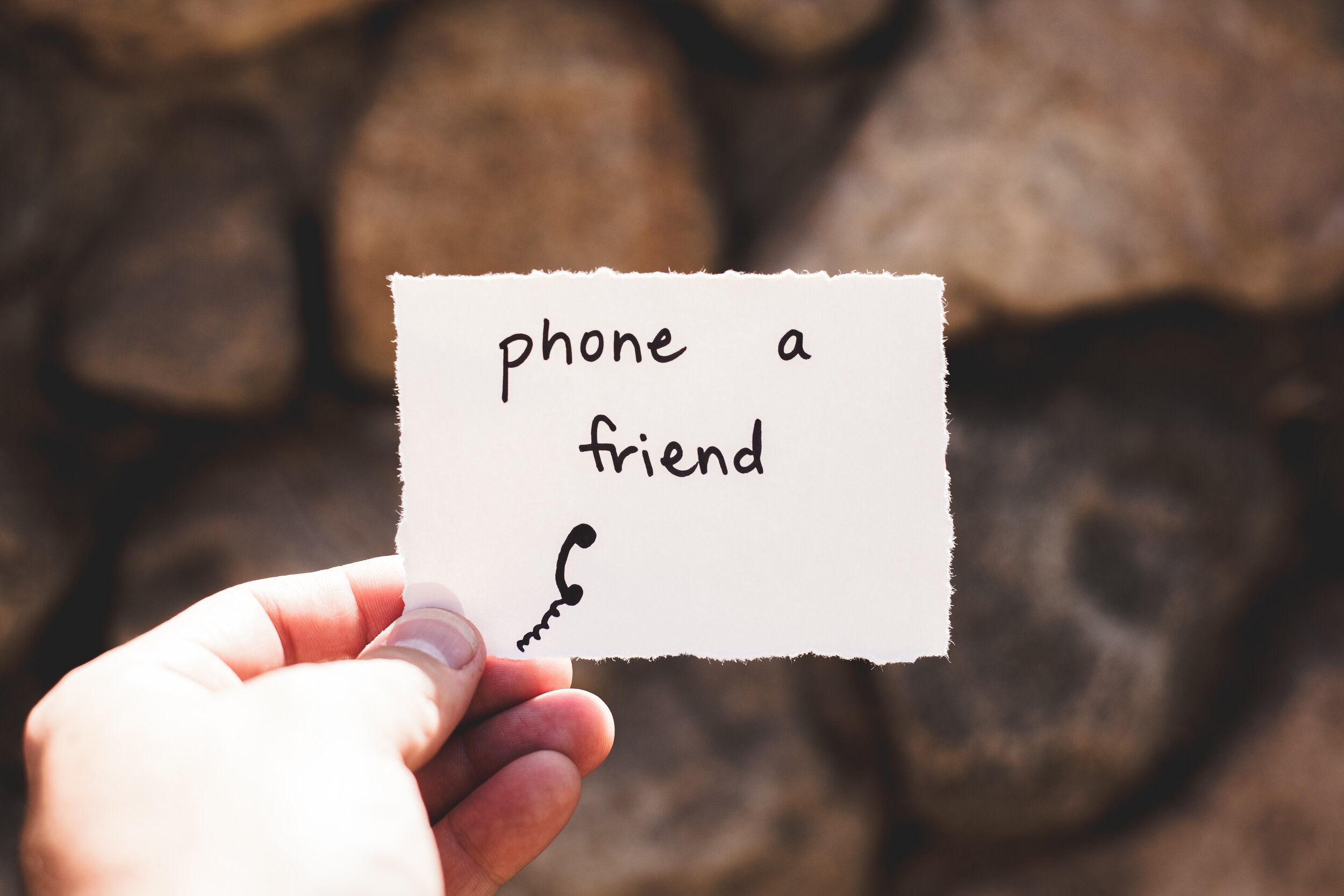Maintaining Your Mental Health Amidst the COVID-19 Crisis
By now we're all aware of the ways in which the COVID-19 virus is impacting our community. From newspapers and social media, to TV and even strangers in the grocery store, there seems to be no way to hide from the news of COVID-19 and its sweeping consequences in our society.
In the wake of the most recent updates, it’s important we don’t downplay the severity of the situation at hand. As I write this, COVID-19 has reached over 114 countries and has affected over 160, 000 people and that list continues to grow. Ominous news like this is something that causes anxiety for most people under normal circumstances. Take this fear, apply it on a global scale, involve the media, and it's no wonder so many are bordering on panic mode.
But how do we manage the hype? How do we distinguish between tragedy and full-blown ignorance? There must be a way to find a happy medium of understanding that lies somewhere in between 'this is an utter catastrophe' and 'this doesn’t affect me.' We can take this matter seriously without subscribing to unnecessary panic and anxiety.
For those who already struggle with anxiety, navigating potential global panic can be a difficult feat. This is where we need to be sure we look at the situation with a balanced perspective. Where do we begin?
Inform yourself with the right information
While staying informed is crucial, we need to ensure we’re obtaining information from reputable sources and believing all the information we read from a friend’s Facebook post might not be the most useful in calming our nerves. Instead, be sure to obtain your updates from only the most reliable sources. Following fact and not hype is an important aspect of managing unnecessary panic and anxiety.
Government of Canada - Know the facts about coronavirus disease (COIVD-19)
Government of Canada - Know the Difference: Self-monitoring, self-isolation, and isolation for COVID-19
Government of Canada - How to care for a person with COVID-19 at home - Advice for caregivers
Take necessary precautions
Precautions are necessary to maintain our physical health and our mental health. Knowing that we are doing our best to follow handwashing, infection-control, and social-distancing measures can go a long way to reducing our anxiety.
But even with correct information and precautions, it can be hard to avoid feelings of fear or anxiety at all times. For those who are still anxious about the COVID-19 and even for those who aren’t, here are our top 5 tips and tricks for managing anxiety surrounding illness.
1. Self-Care
This one is pretty self-explanatory. Taking care of yourself works to both prevent illness and improve your state of mind. Taking simple steps such as ensuring a healthy diet and exercise and maintaining adequate sleep and water intake are the foundation for self care. Incorporating activities that you genuinely enjoy and that bring you a sense of calm and peace can go a long way in reducing your levels of anxiety. Maybe it’s yoga, reading, a hot bath, playing an instrument or going for a walk – whatever your thing is, be sure to set aside time for the activities that bring you peace. P.S. We’ve put on a 21 Detox Mind Challenge for self-care on Instagram in case you are interested.
2. Put your fears on trial
Sometimes our fears get the best of us and we begin to believe the worst. When this happens, put your fears on trial and find the evidence for and against the fear. Maybe you’re scared of catching the virus, or scared of becoming seriously ill or dying. In these cases, look for as much evidence to explain why you shouldn’t be scared. By putting our fears on trial, our goal is to achieve a more realistic interpretation of what we might be scared of.
3. Present-Moment Focus
We’ve all been stuck in a future focus trap – you know, those moments where you can’t stop thinking about the future and all the bad things that could happen? In situations like these, focusing too much in the future can cause more fear than necessary. Spending as much time as possible in the present goes a long way in keeping our fears in check. Find yourself thinking about the future? Stay there just long enough to make a quick plan and return to the present. Having trouble staying focused on the present? Try practicing some present-moment focus tasks such as focused breathing or the body focus task. Want more info? Check out this link for some present-moment tips.
4. Challenge Your Thought Process
When we’re anxious, sometimes our thoughts take over. It’s our job to recognize when these thoughts are getting out of hand and challenge them. Ask yourself some of these questions:
Am I falling into a thinking trap? Have I confused a thought with a fact? What would I tell a friend if he/she had the same thought? How certain am I that my thought will happen? If it did happen, what could I do to cope with or handle it? Am I confusing “possibility” with “certainty”? It may be possible, but is it likely? Is this a hassle or a horror?
5. Reach Out
Sometimes even with our best efforts, we can’t face our anxieties and fears alone and that’s okay. In these cases, it’s important to reach out for the help you need. For some, support from a friend or family member may help to manage fears. For others, seeking the help of a trained psychotherapist or counsellor can be an excellent resource to target and diminish these anxieties. In the wake of this global pandemic, knowing when and where to get help for fears, nerves and anxieties is a great way to be prepared.




